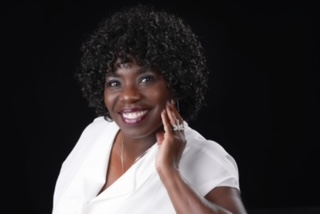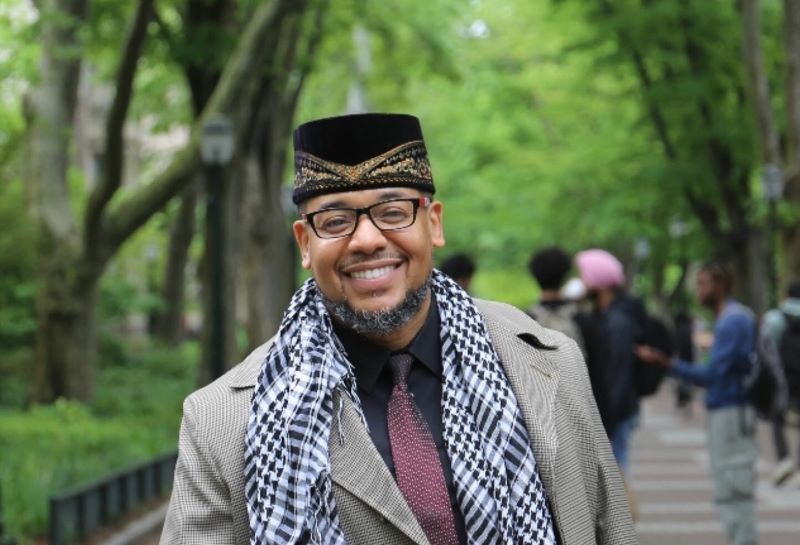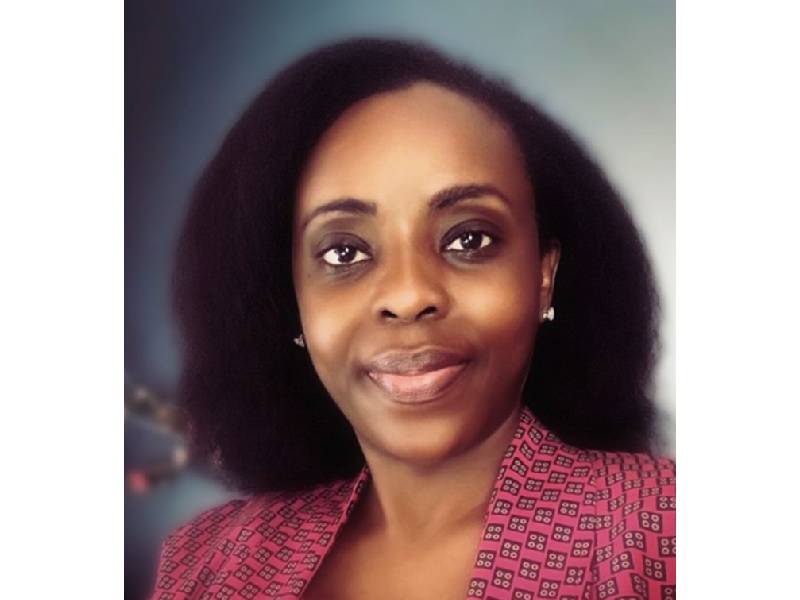
A prominent African American historian, scholar and author whose passion for history and books began at the age of nine, and blossomed into his amassing one of the largest private collections in the world related to people of African descent, located at Temple University.
Blockson was impacted by a history lesson in fourth grade, when his teacher, a White woman, asserted that “negroes had no history” and were born to serve White people. He recounted the story to his parents, Charles and Annie Blockson, who assured him that negroes have a strong history, and began exposing him to lessons on prominent African American men and women.
That experience marked the start of Blockson’s lifelong journey of unearthing, collecting and preserving the history, culture and contributions of African descendants. Over the years, his world travels inspired him to write books on the topic, making him one of the foremost experts on the Underground Railroad and putting him in the company of leading African American figures like Paul Robeson, Marian Anderson and Rosa Parks.
In 1984, Blockson donated his personal collection of rare publications and artifacts to Temple University. The Charles L. Blockson Afro-American Collection, one of the nation’s leading research facilities for the study of the history and culture of people of African descent, now contains more than 500,000 books, documents and photographs.
He is a co-founder of the African American Museum in Philadelphia (AAMP), and has contributed books and other historical items to the Charles L. Blockson Collection of AfricanAmericana and the African Diaspora at the Pennsylvania State University, and the National Museum of African American History and Culture (NAAMHC) at the Smithsonian Institution.
Blockson spearheaded efforts to have a State Historical Marker placed along Penn’s Landing, commemorating the lives of enslaved Africans brought to local ports during the slave trade era. In 2016, Blockson contributed his collection of photographs by Philadelphia photographer John Mosley for a curated exhibition at the Woodmere Museum. He is the author of 12 books: a 1984 article he wrote for National Geographic, Escape from Slavery: Underground Railroad, was the first cover story pertaining to African American people. As a result, the U.S. State Department commissioned him to lecture on the subject in the Caribbean Islands and South America.
He was recently awarded the 2016 Philadelphia Award in recognition of his lifelong mission to document the African American history. Blockson is a 1956 graduate of the Pennsylvania State University, with three honorary doctorate degrees from Lincoln University, Holy Family University, and Villanova University. He retired from Temple in 2006 and continues to serve as Curator Emeritus for his Collection there. He resides in Gwynedd, Pa., and has a daughter, Noelle P. Blockson.
Describe a discovery you made as a Black man:
My first major discovery came when I was around 15 years old –a first edition of William Still’s The Underground Railroad (1872) on a table marked “hurt books” at the old Leary’s Book Store, 9th and Market Streets, which cost me five dollars. The book mentioned a relative, with my family’s name, who escaped in 1858 and made his way to Canada.
How do you push through your worst times?
I’m a searcher and there’s always something new to learn about —that is what has pushed me through my worst times.My collecting represents the agony and ecstasy of our race.Through my quest from nine to 83-years-old, I have come to appreciate the unique role of the Caribbean, Central and South America in the movement of African people into the Western Hemisphere.I have an appreciation for the rich diversity and proud heritage of struggle that is woven into all the cultures.
What’s a soul-restoring story about Black family life and love?
My parents told me stories of our family heritage. My father played the records of Paul Robeson, Billie Holiday and Ella Fitzgerald. He bought Black newspapers like The Philadelphia Tribune, The Pittsburgh Courier and others. We also had Jet, Ebony, and The Crisis. My uncle always talked about W.E.B’s Souls of Black Folks and Booker T.’s Up From Slavery. Later, I found out that W.E.B. was W.E.B. DuBois and Booker T. was Booker T. Washington. My favorite poets are Langston Hughes, Paul Laurence Dunbar and Margaret Walker. Walker’s book, Jubilee, is a must-read classic about Black love and Black family life from slavery to freedom. When I met her, she commended me for writing Black Genealogy. I have met so many people, many famous, over the years through book collecting, and been able to travel the world. Harlem was my favorite place because of The Schomburg Center for Research in Black Culture.




